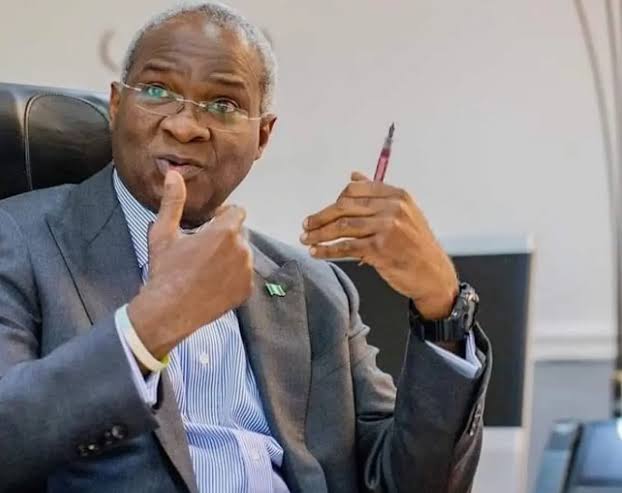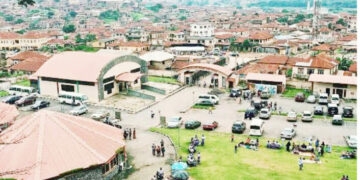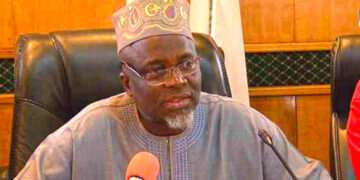Former Minister of Works, Mr Babatunde Fashola (SAN), has raised concerns over Nigeria’s reliance on ageing infrastructure from the 1970s and 1980s, stressing the critical need for extensive investment in the country’s infrastructure.
Speaking at the Julius Berger Nigeria Plc “Luminary Soiree” dinner in Lagos, Fashola referred to the National Infrastructure Master Plan projecting an estimated investment requirement of $2.3 trillion over the next 21 years (2020-2043) to modernise and expand Nigeria’s infrastructure.
During his speech titled “Outlook on the Construction Industry in Nigeria over the Next Five to 10 Years,” Fashola highlighted the substantial impact of inadequate infrastructure.
He pointed out that Nigeria, despite being an oil-producing nation, still imports a significant portion of petroleum products due to the lack of crucial infrastructure such as a local petroleum refinery. This reliance, according to Fashola, contributes to nearly 30% of Nigeria’s foreign exchange demand.
Fashola stressed that local production of petroleum products within Nigeria could substantially reduce costs associated with shipping, insurance, and port charges. This move, he argued, could lead to a reduction in inflation and positively impact the cost of living for citizens.
He said, “If petroleum products are locally made, some cost reductions such as shipping, insurance and port charges will be realised and for those who have a broader view of the economy, they will understand cost-push inflation reduction and its positive impact on cost of living.
“The same is true of gas pipelines, as it is true of sea and airports, roads and bridges, and telecommunications infrastructure to deliver broadband and related infrastructure in support of economic growth and jobs.
“Simply put, every economy that seeks expansion, efficiency, and productivity must invest in commensurate infrastructure in order to achieve it.
“Nigeria is such a country, and as I have said before, we are living largely on infrastructure built in the 70s and 80s because we spent much of the 90s in the agitation to bring back democratic Governance.
“We have a lot of building and construction to undertake and this much is evident in the latest National Infrastructure Master Plan, 2020 – 2043 estimated about $2.3 Trillion over 21 years, that is about $110 billion per annum.”
Expanding on the importance of infrastructure development, Fashola emphasised that investments across various sectors such as gas pipelines, transportation networks, and telecommunications are fundamental to achieving economic expansion, efficiency, and increased productivity.
He said the pivotal role of the construction industry in driving economic activities. Fashola presented statistics on the industry’s significant contributions, including generating employment through haulage operations, housing development, and road construction.
While acknowledging the challenges of funding infrastructure projects amid competing demands, Fashola noted that robust policies have been crucial in mobilising capital for infrastructure development in recent times.





